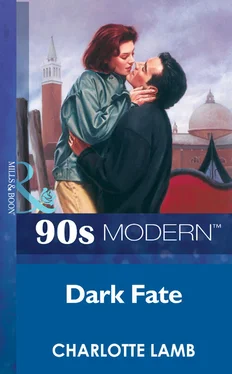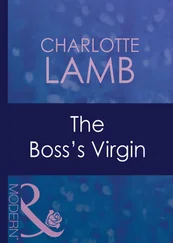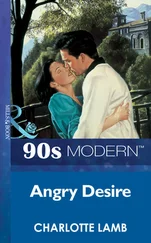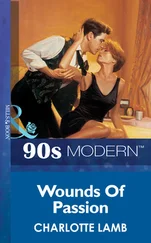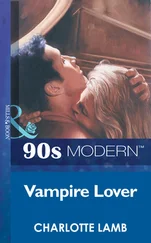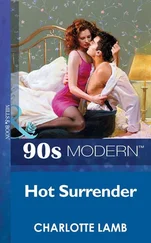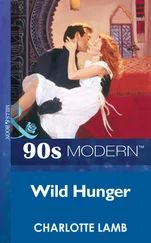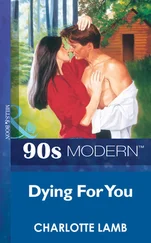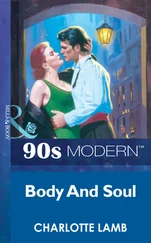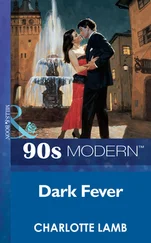www.millsandboon.co.uk
CHAPTER ONE
CHAPTER TWO
CHAPTER THREE
CHAPTER FOUR
CHAPTER FIVE
CHAPTER SIX
CHAPTER SEVEN
CHAPTER EIGHT
CHAPTER NINE
CHAPTER TEN
AS THE lights went down in the theatre, Saskia suddenly knew Domenico was there.
Not only was he there, but he had seen her too, at the same moment. At the very instant that she sensed his presence she felt the surge of his rage and it was like being hit by lightning. Her whole body reacted with a jerk of terrible shock.
Sitting beside her, Jamie felt her shudder, and looked round at her, his face concerned, whispering, ‘Toothache back again?’
She drew a shaky breath and lied without stopping to think.
‘Just a jab; it’s gone now.’
In the blueish dimness cast out into the upper reaches of the rococo theatre by the footlights she glimpsed Jamie’s curly brown hair, his rugged, weatherbeaten face; and Jamie could probably see the gleam of her blue eyes, the shimmer of her skin. She bent her head and the shining bell of her dark auburn hair fell forward so that he couldn’t see anything more of her. It was instinctive, to hide her expression and the feelings she was afraid might show in it; Jamie knew very little about her—she had only ever told him what she felt he really needed to know, and she didn’t want him to know any more, especially about Domenico.
‘Sure?’ Jamie whispered, leaning closer. ‘If you need them, I’ve got some paracetamol in my pocket. I thought they might come in useful in case your tooth started playing up again.’
That was typical of Jamie, not only because he was warmly sympathetic to anyone in pain, but because he was so intensely practical and thoughtful in the way he responded. Jamie never simply used words; he immediately put his concern into action.
She lifted her head again to give him a faintly wavering smile. ‘You’re amazing; thanks, Jamie. I might take a couple in the interval.’
She had been to the dentist earlier that day to have some work done on a back tooth which had begun aching after she bit on a toasted almond, the decoration on a pastry served to them at dinner at their hotel last night.
Saskia had been kept awake half the night by toothache. The tour operator had made arrangements for her to visit a Venice dentist, and while the others had been taking a gondola tour of the smaller canals in the city Saskia went off to have the offending tooth excavated and filled.
She hated going to the dentist, and particularly hated having a tooth drilled, but anything was better than being kept awake with pain.
‘Tell me, why is toothache always worse at night?’ she had asked the dentist, who had laughed, then given her an admiring look which dwelt longest on her dark red hair and slim, rounded figure before he explained.
‘At night you have nothing to take your mind off it.’ He had smiled again. ‘Unless you are married!’
Saskia had flushed slightly, and the dentist had jumped to a very false conclusion, saying quickly, ‘You are not offended, signorina ?’
‘No,’ she had assured him and he had smiled at her again, relieved.
‘You speak Italian very well, signorina .’
‘Thank you, signore ,’ she had gravely answered, not explaining why she spoke his language so fluently. For two years she had been lying to people, and Saskia hated being forced to do it yet could see no way out of it. If she told a single soul the truth she might be putting herself at risk. The only safety lay in living a lie.
‘You don’t live in Venice?’ the dentist had asked and she had shaken her head.
‘I’m only here for a few days.’
‘You must go to the opera while you are here; there is a wonderful new singer at the Fenice this season,’ he had told her, his face lighting up with the excitement of the enthusiast.
‘Yes, we are being taken there tonight!’
‘Ah, La Traviata is playing at the moment; you’re so lucky to see it in the Fenice—that is where the opera was first performed, you know! Verdi wrote it especially for the Fenice, but the audience didn’t like it; it wasn’t a success, at first, not in Venice. But the Fenice is the most beautiful theatre in the world. Seventeenth-century, originally, although it was burnt down and rebuilt early in the nineteenth—even London does not have a theatre that old!’
‘Covent Garden Opera House is very old, too,’ Saskia had mildly suggested, but he had made a disparaging noise, shaking his head.
‘Much too big, too ornate and pompous. I don’t like those huge theatres. The Fenice is small, intimate, elegant.’
Looking around the theatre when they arrived Saskia had had to admit that his enthusiasm was understandable; the décor of the theatre was delightful, and as always with theatres of that period glittered with gilt and was swagged with elaborate stucco, the ceiling full of cherubs flying from all corners.
When the injection the dentist had given her had worn off the tooth had begun to ache again, but she had taken some pain-killers and the pain had ebbed away gradually during the afternoon. She had almost forgotten about the tooth until Jamie mentioned it, but now that she had thought of it again she felt it give a dull throb.
Pain was like that. If you ignored it, it often went away, but the minute you thought about it again, back it came.
She had been able to forget about Domenico for hours on end over the last few months. Now the pain was back; far worse than toothache and far harder to cure.
The audience around her were humming along with one of the better known arias being performed on stage at that moment. Italian audiences knew all the words and loved to join in with the performers, especially when a famous song had a good tune to it, and celebrated having a good time: wine, women and song. Saskia stared at the vivid party scene on stage, dancers whirling around, people raising champagne glasses to each other, but her mind was elsewhere.
It hadn’t once occurred to her that Domenico might be here tonight or she would never have taken the risk of booking for the opera; in fact, she would never have come to Venice at all if she had even dreamt that she might see him there.
Domenico was passionately fond of opera, of course, and went to La Scala, in Milan, frequently. He would never miss any performance of La Traviata there, especially by a soprano as fine as the woman singing the heroine, Violetta, tonight, but she never remembered him visiting Venice.
Apart from going to the opera, or to concerts, Domenico was engrossed in his work. He often went abroad, to America, or other parts of Europe, he visited other parts of Italy, and when he was at home he occasionally gave dinner parties, and went to them, but they usually had some business connection. Everything in his life had to fit in with his business.
‘I have no time for inessentials,’ he had often told her impatiently, when she tried to persuade him to take her to see a light-hearted film or play, or take a holiday in the sun somewhere.
She had often had a secret feeling that he saw her as inessential; a frivolity, a toy he had picked up in an idle moment and enjoyed playing with, but did not actually need.
Domenico had been essential to her; or, at least, she hadn’t been able to imagine life without him at one time. It was only when the pain hurt too much that she had fled. There was a limit to love, she had finally been forced to realise, or rather, a limit to how much you could bear in the name of love.
She hadn’t seen him since the night she left his house; she feverishly ached to see him now, and at the same time was terrified.
Читать дальше
